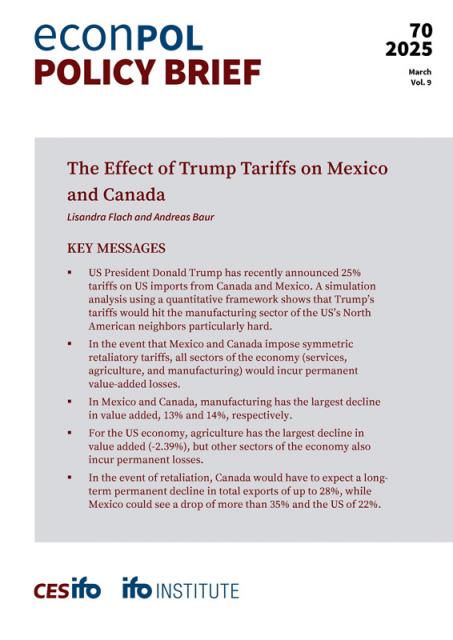Venice Summer Institute 2019
Taxation in the Digital Economy: Theory and Evidence
-
San Servolo, Venice, Italy
Recent technological changes challenge fiscal systems. For instance, the internet allows consumers to shift purchases from physical firms to online retailers, which possibly results in the creation of digital products that have no “physical” component. At the same time, internet platforms use different business models compared to standard ones. Digital platforms like Netflix and Google connect different groups of customers and thereby use pricing strategies for their products that reflect how desirable one group is for the other groups. The multi-sidedness of the platform and the global outreach of the platforms might lead to unconventional incidence and efficiency effects of taxes. These technological changes have important policy implications. For example, the issue of how value creation by digital platforms might be allocated to the various jurisdictions for corporate taxation purposes is currently the subject of hotly debated reforms proposed by the European Commission. Taxation of online sales is the subject of U.S. federal legislation such as the Marketplace Fairness Act and recent Supreme Court action. This workshop combined theoretical research and empirical evidence of taxation in the digital economy. It facilitated interactions between researchers focused on industrial organization, i.e., responses of prices/firms and public finance economists interested in the effect of the digital economy on fiscal systems.
Keynote speakers:
Jean-Charles Rochet, University of Zurich
Joel Waldfogel, University of Minnesota
Scientific organiser(s):
Marko Köthenbürger, David R. Agrawal
Information:
www.ifo.de/de/w/3DDw3LaPn
Contact:
CESifo Office
Phone: +49(0)89/9224-1410
Fax: +49(0)89/9224-1409
Email: office@cesifo.de
